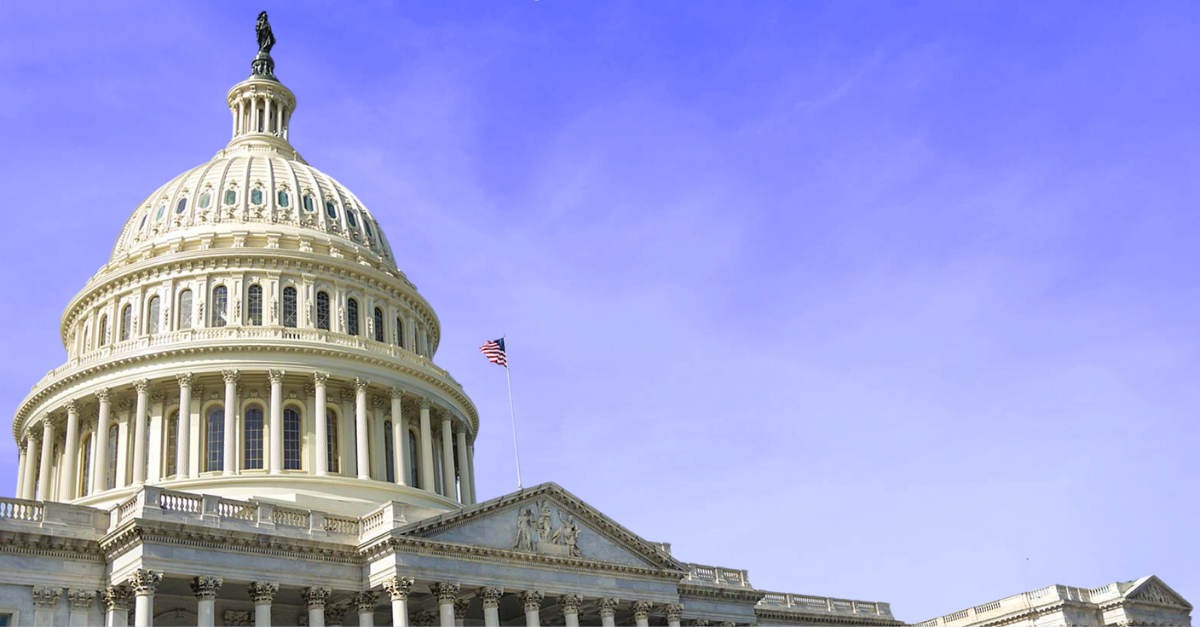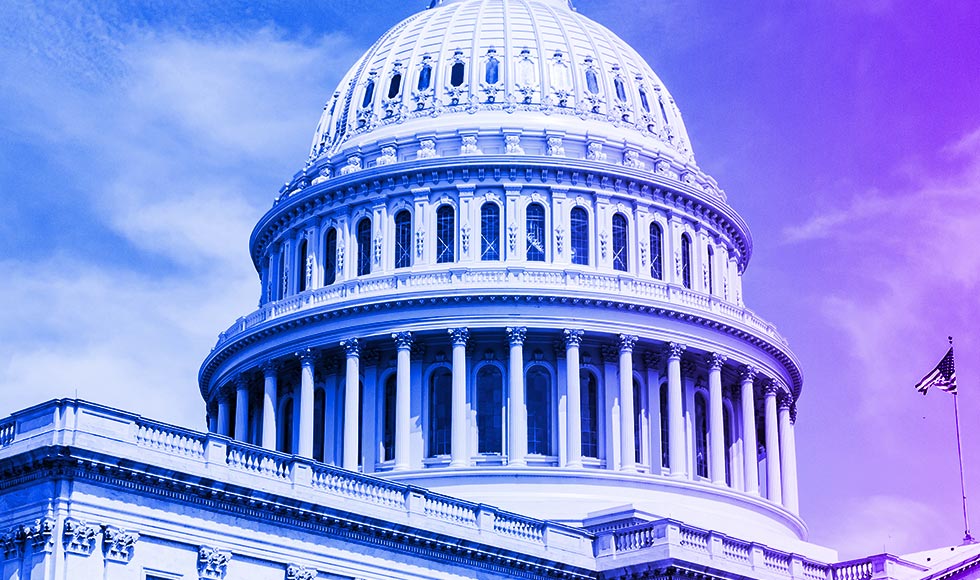Bank Lending: FRB Survey Indicates Industry Expects Mild Recession, Tightening Standards
Tightening of standards and terms across business loans; increased demand for credit card loans and HELOCs

November 2022
KPMG Insight. The findings from the most recent Senior Loan Officer Opinion Survey indicate that a significant majority (94%) of domestic commercial bank respondents anticipate that, should a recession occur in the next 12 months, it would be mild to moderate. FRB Chair Powell has stated he will continue to raise rates to combat inflation. News reports indicate the largest U.S. banks continue to increase their bad debt loss reserves to “fortify their balance sheets” against potential increased credit losses as both interest rates and expectations for an economic downturn grow. In its most recent Supervision and Regulation Report, the FRB identifies risk management practices in credit, market, and interest rate risk among its 2023 supervisory priorities for large financial institutions.
The Federal Reserve Board (FRB) published its October 2022 Senior Loan Officer Opinion Survey (SLOOS) on Bank Lending Practices. The survey, which covers a 3-month period roughly aligned with the third quarter of 2022, received responses from a reporting panel of 71 domestic commercial banks and 18 large U.S. branches and agencies of foreign banks.
The survey focused on changes in the standards and terms of, and demand for, bank loans to businesses and households, as well as two sets of “special questions” investigating the respondents’ assessments of: 1) their credit card and auto lending policies, and 2) the likelihood and severity of a recession in the next 12 months and expected changes in lending standards should one occur.
Survey responses from the domestic commercial banks (hereinafter, “Respondents”) provide the following key findings:
- Most types of business loans have seen tightening standards and terms, as well as weaker demand
- Residential real estate and auto lending standards and terms remained relatively unchanged compared to other loan categories, but also saw weaker demand
- Credit cards have seen a tightening of standards and terms, but have also seen an increase in demand
- 75 percent of Respondents assign a 40 to 80 percent probability of a recession in the next 12 months
- 94 percent of Respondents expect a recession to be mild to moderate, should it occur
- At least 75 percent of Respondents expect standards and terms for all loan categories to tighten if a recession occurs
More detailed highlights from the survey Respondents follow.
Lending to Businesses
1
Commercial and Industrial (C&I) Lending: Many Respondents (approximately 40 percent) reported tightening standards and terms, as well as weaker demand, for C&I loans to firms of all sizes.
- Tightening was most widely reported for: 1) premiums charged on riskier loans, costs of credit lines, and spreads of loan rates over the cost of funds, and 2) loan covenants to large and middle-market firms.
- About 60 percent of Respondents cited economic outlook, reduced risk tolerance, and worsening industry-specific problems as reasons for the tightening.
- 30 percent of Respondents reported weaker demand for loans from firms of all sizes.
- About 60 percent of Respondents cited decreasing customer needs for: 1) financing inventory, 2) investment in plants or equipment, 3) financing mergers or acquisitions, and 4) accounts receivable financing.
2
Lending to Households
1
Residential Real Estate (RRE) Lending: Most Respondents (approximately 80 to 90+ percent) reported:
- Unchanged standards and terms across many RRE loan types, including non-qualified mortgage (QM) non-jumbo, government, government-sponsored enterprise (GSE)-eligible, and QM non-jumbo, non-GSE-eligible loans, and HELOCs.
- Weaker demand for all RRE loans, except for HELOCs where a moderate share (35 percent) reported stronger demand.
2
Consumer Lending: Some Respondents (approximately 15 to 20 percent) reported tightening standards and terms for credit card and other consumer loans, while most Respondents (approximately 90 percent) reported that standards and terms for auto loans remained basically unchanged.
- Approximately 10 to 15 percent of Respondents reported wider interest rate spreads on credit card loans, as well as tightening the extent to which loans are granted to some customers that do not meet credit scoring thresholds.
- Slightly more than 20 percent of Respondents reported stronger demand for credit card loans, while about 40 percent reported weaker demand for auto loans.
Credit Card and Auto Lending Policies
In the first set of special questions, Respondents were asked to assess the likelihood of approving credit card and auto loan applications by borrower FICO score in comparison with the beginning of 2022.
1
2
Recession Likelihood and Expected Changes in Standards
In the second set of special questions, Respondents were asked to assess the likelihood and severity of a recession in the next 12 months, as well as how they expected their lending standards to change should one occur.
1
2
3
Dive into our thinking :
Bank Lending: FRB Survey Indicates Industry Expects Mild Recession, Tightening Standards
Download PDFExplore more insights


Regulatory Alerts
Quick hitting summaries of specific regulatory developments and their impact.

Washington Report 360
A weekly newsletter covering legislative and regulatory developments affecting financial services firms—in 360 words or less.
Meet our team

Get the latest from KPMG Regulatory Insights
KPMG Regulatory Insights is the thought leader hub for timely insight on risk and regulatory developments.